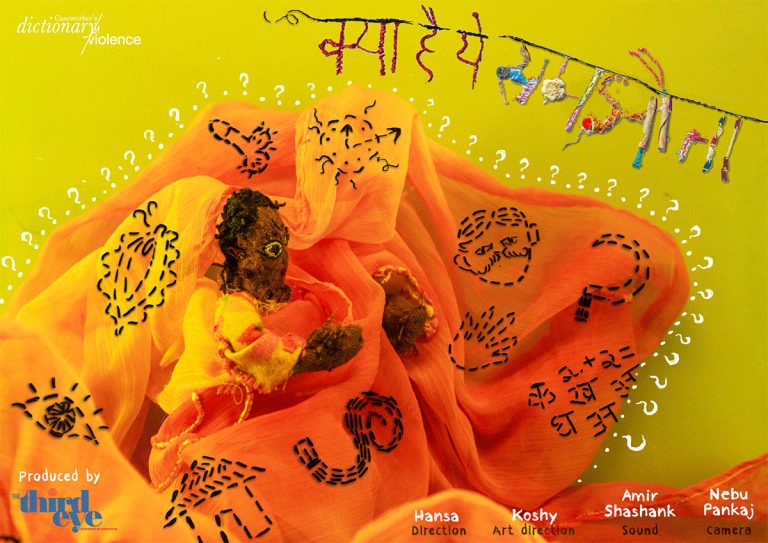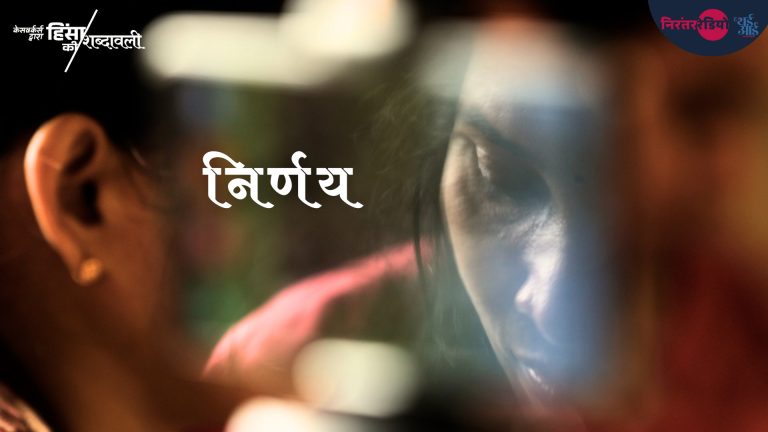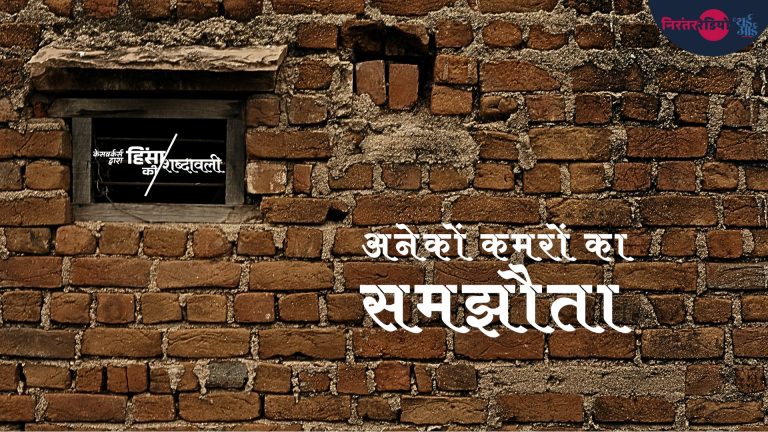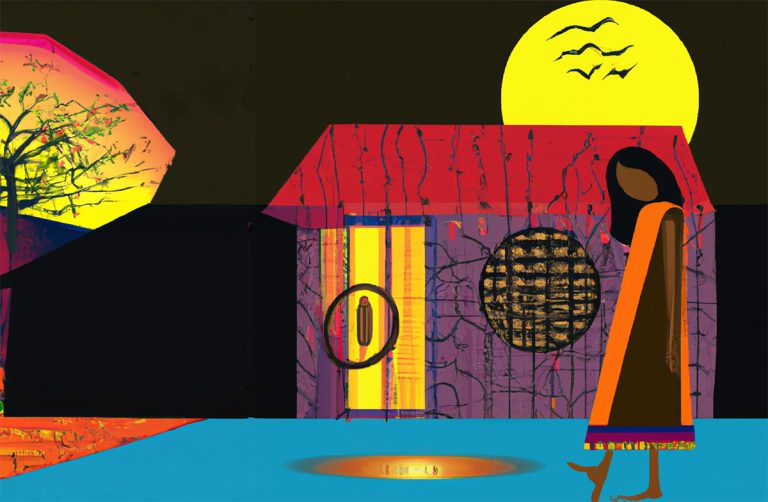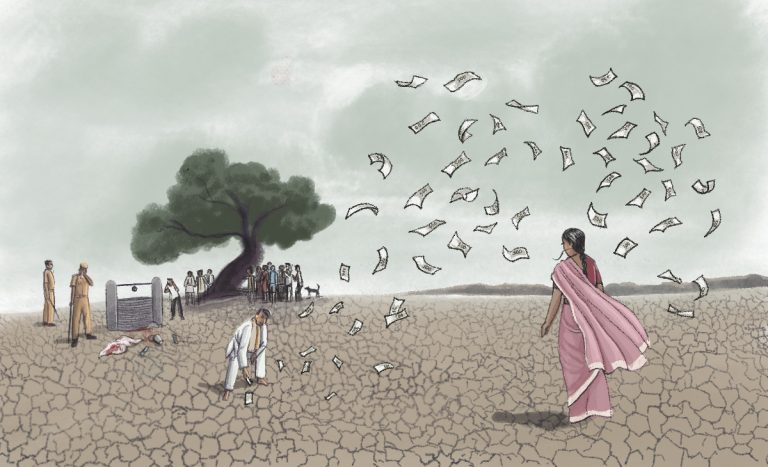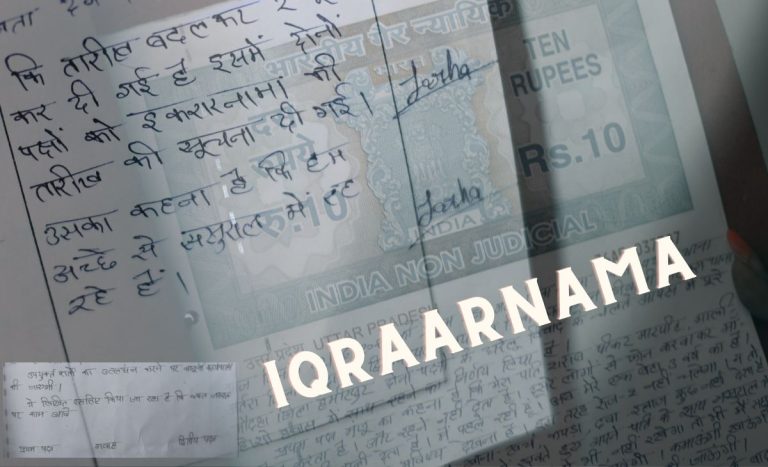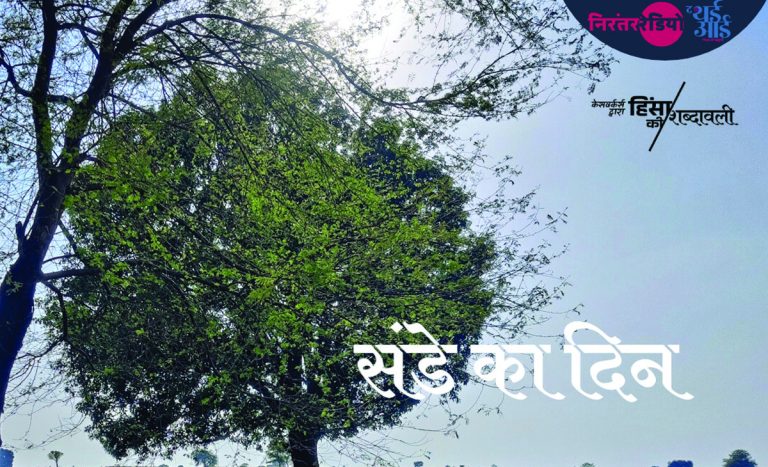
Caseworker’s Diary I Episode 3: Sunday Ka Din
In this story, a caseworker walks us through her Sunday, that day of the week when she takes her son to visit her husband’s village. What awaits her there are the probing questions of neighbours as well as the calming presence of her best friend – a Mahua tree.


